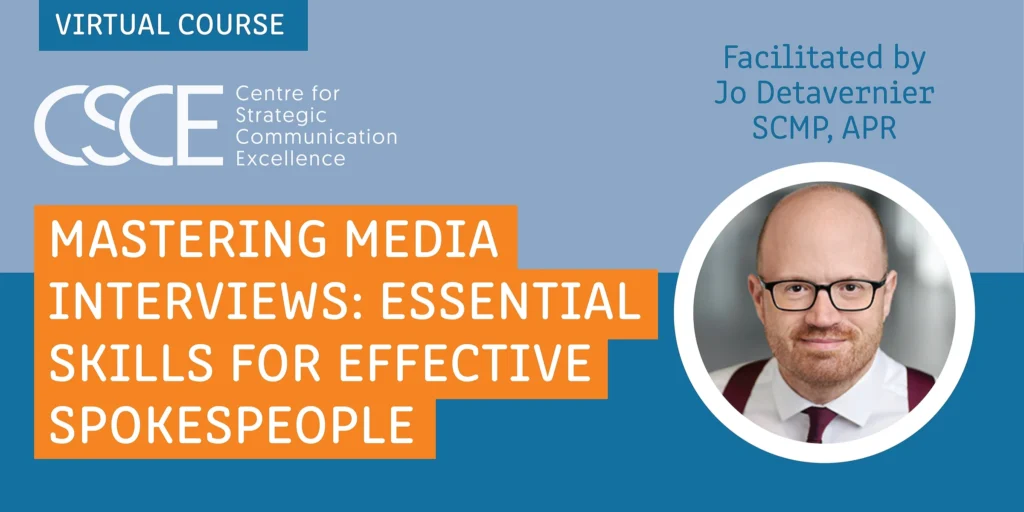Career Roadmap
Extensive research conducted by the International Association of Business Communicators (IABC) has defined four major stages that constitute the career path of a communication professional regardless of country, business type, industry or other variables.
The career paths are neither contingent on years of service, nor are they sequential or hierarchical in nature. They simply define a range of milestones within the career journey.
Aligned to the research conducted by the International Association of Business Communicators (IABC), the Centre for Strategic Communication Excellence provides communication professionals with access to knowledge and skills that can help them advance their careers.
Trail blazers who use their communication-based strategic expertise to lead organisations and clients through multiple business and communication challenges.
As business leader, they play a key role in shaping the future of the organization by sponsoring promising people, programs and ideas. At this milestone they have developed a distinct competence in several areas of expertise and often have a regional or national reputation. The professional influences the future of the organization though original concepts that often lead to changing the way business is done. They are adept at seeing new business opportunities, motivating buy-in and gaining resources. They competently represent the organization on critical strategic issues, and are sought after to provide counsel and function at a peer level with other senior executives.
Senior level professionals who are ready to manage complex, multi-faceted programs and relationships and provide counsel and advice to senior executives.
They are interdependent, taking responsibility for work other than their own and developing others within the organization. To accommodate their personal development needs, they seek to build additional areas of expertise. They have strong interpersonal skills, broad business perspectives, stimulate others through ideas and knowledge, and effectively represent the organization’s clients and external groups. They expand their expertise in niche disciplines and explore innovations within these disciplines. They are also highly skilled and confident, providing strategic communication advice and counsel to the organization’s leadership.
Mid-level professionals are competent in strategic communication management, and can apply principles and skills across a wide range of specialty areas.
Here, the communication professional begins to refine their career path. They can be satisfied as a generalist or specialist for a number of years or for a whole career, but expertise and responsibility will continue to grow. Some professionals never need or want to move away from this milestone, thriving on interdependent work. They will build expertise in at least one area of the industry. During which, they will develop a credible reputation while building strong internal networks of relationships related to their area of expertise and gain greater ability to develop strategic focus and problem solving techniques.
This is the entry level of the communication profession. At this level, the communication professional attains the education and develops the core skills required to be competent within all Principles of the Global Standard and to work across disciplines. Foundational skills are required to do the job and understand the organization’s culture, structure and function.
The professional is also expected to contribute under relatively close supervision and direction from a more senior person, exercising initiative and creativity within a well-defined area. They must master basic and routine communication tasks, and demonstrate competence on a portion of a larger communication project or task.




